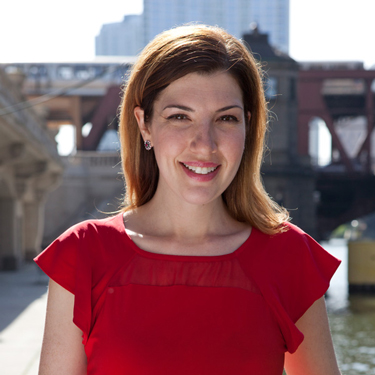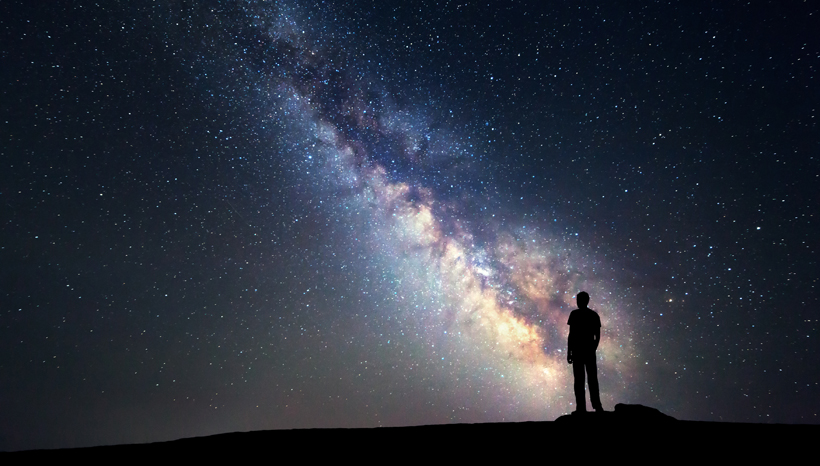The discord sweeping the country has inspired many of us to speak out. Staying silent, as the Jewish people know all too well, can lead to danger. And thank God, we -- both as Jews and as Americans -- have the right to make our voices heard.
But all the unrest has led to spikes in stress levels too. In fact, more than half of Americans say the current political climate is a source of stress in their lives, according to a recent poll released by the American Psychological Association. In the survey, 57 percent of respondents said the political climate is a "very" or "somewhat" significant source of stress.
So how can we still manage to carve out some space for de-stressing and finding a little peace and quiet, even with all that's happening in the world?
After all, there is beauty-even power-in some of the quiet moments. Think about the therapeutic moments that happen in the quiet: Holding your sleeping child in your arms; strolling outside in the cool air this time of year as winter begins its thaw; curling up on the couch with a good book and a nap on a weekend afternoon; getting lost in a piece of art at a museum.
Our very own Jewish tradition builds in a space for peace and quiet. For every Friday at sundown, we welcome in the Sabbath bride and the peaceful calm she brings with her. We also offer the option to shut everything off and tune out the noise for one whole day.
We have a reflective space in our prayers too. Last Shabbat, I went to services and stood in silence for the Amidah, one of Judaism's central prayers. I thought about the power of the silent prayer, even as my mind wandered from the text on the page. The Amidah is a time set aside for us to have a dialogue with God, about any topic we choose, without saying a word. Jewish tradition tells us that God hears us in our silence.
It's no coincidence that the practice of meditation is hotter than ever. Every once in a while, I try it out, surprised by how much I gain from it. In yoga, there's a pose called the savasana, or "corpse pose": You quietly lie on your back, close your eyes, and breathe deep, a practice intended to rejuvenate the mind, body, and spirit.
In our relationships too, there is beauty in the quiet connections with one another.
For instance, the 2011 Oscar-nominated film Extremely Loud & Incredibly Close, based on a Jonathan Safran Foer's novel of the same name, tells the story of Oskar, a boy searching for one last message from his father, who had died in the World Trade Center on 9/11.
On Oskar's journey, he encounters an old man, whose name we don't know. The man, who turns out to be a Holocaust survivor, never utters a word, but communicates with the boy by writing with a Sharpie on a notepad. Even in the silence, or maybe because of it, the man connects with Oskar in a way no one has since Oskar's father's death.
"He didn't say a word," the boy says, "but for the first time since my father died, I felt like I could really talk to someone."
In a close bond between friends, family, and significant others, it's comforting to reach a place where there's still a lot to say, but not always a need to say it. And when we're having a conversation, truly listening to the other person, we're not always waiting to fill the silences with a response. Sometimes we're there just to listen.
Maybe if we all did a bit more listening, we might really start to hear one another.








.jpg)



